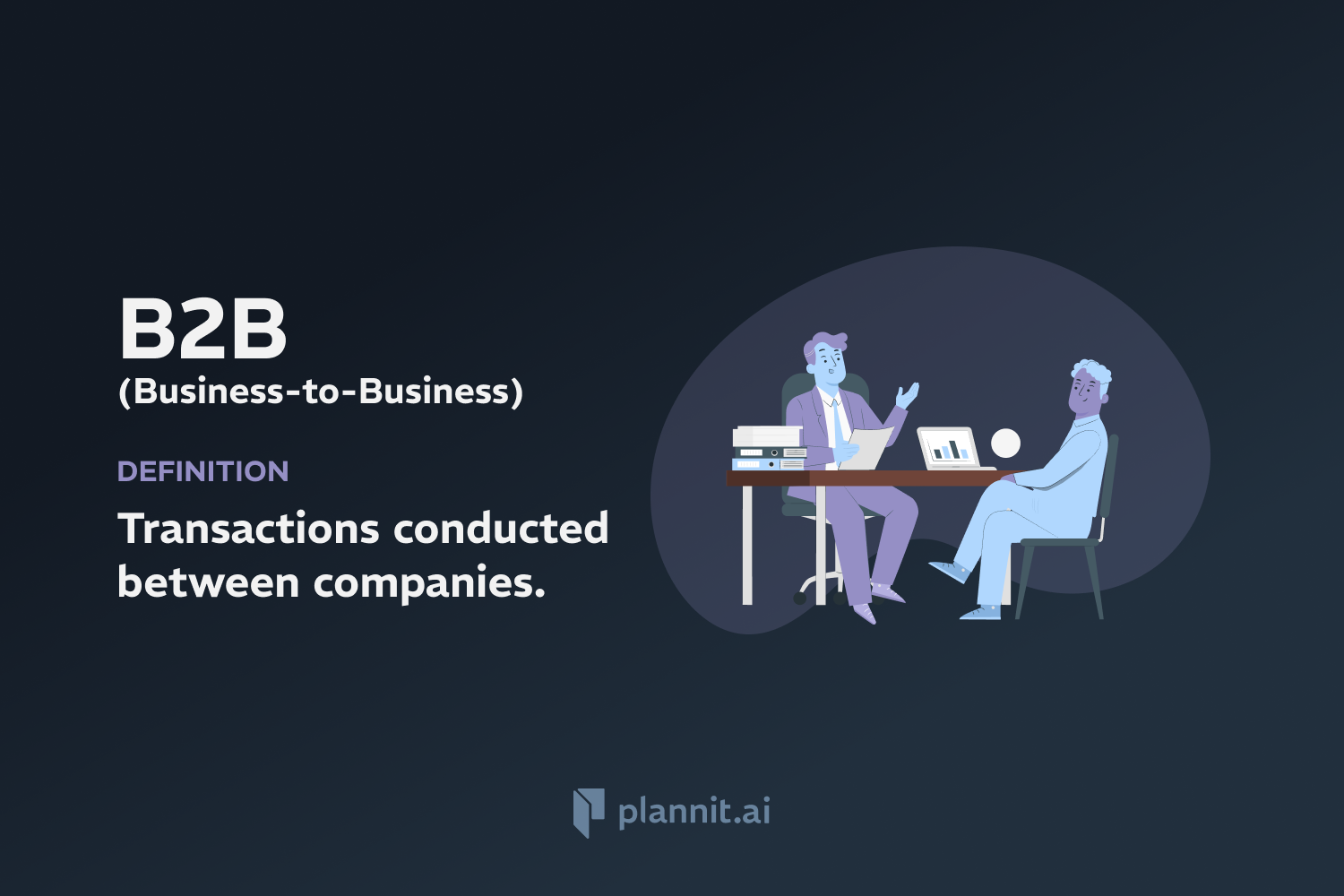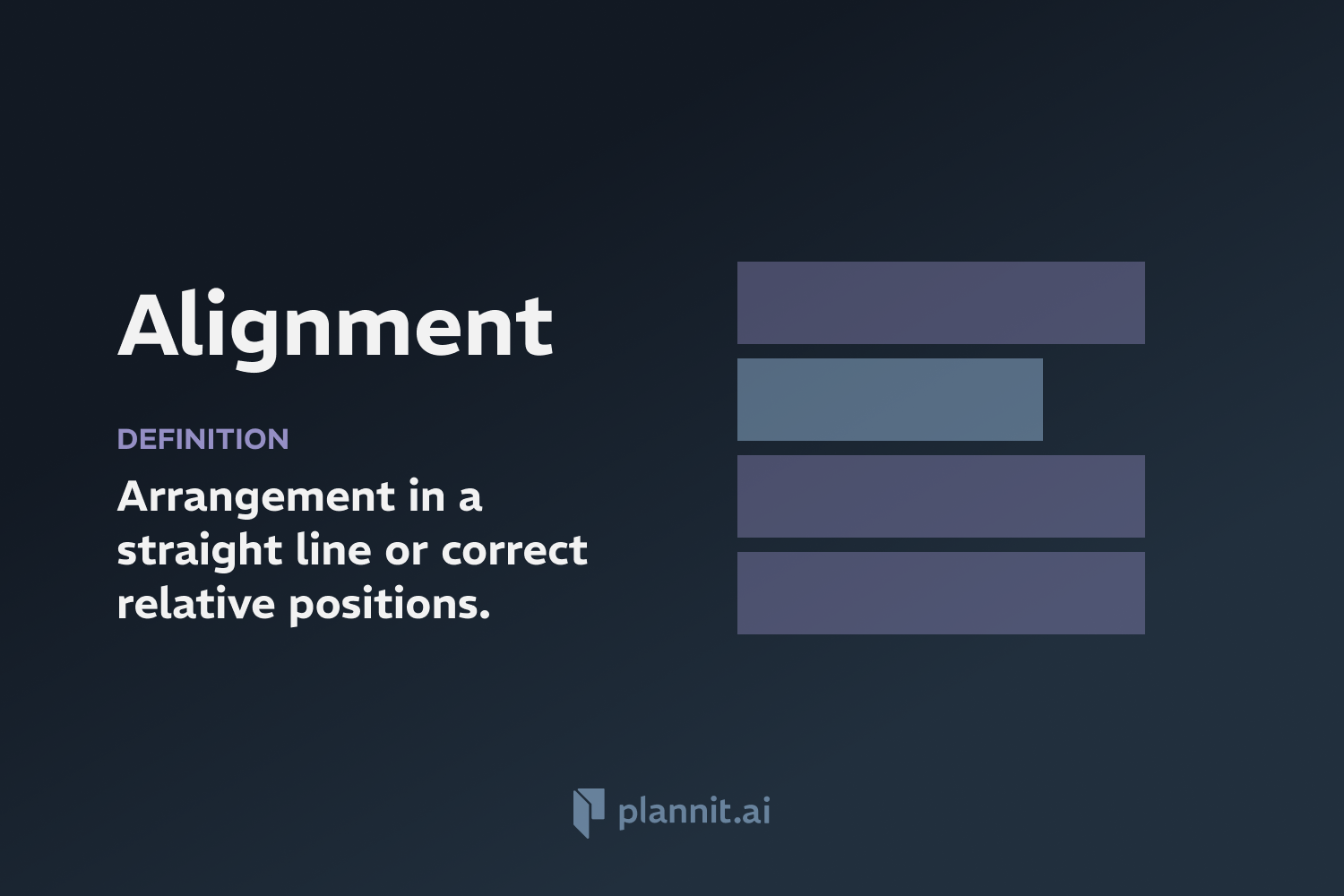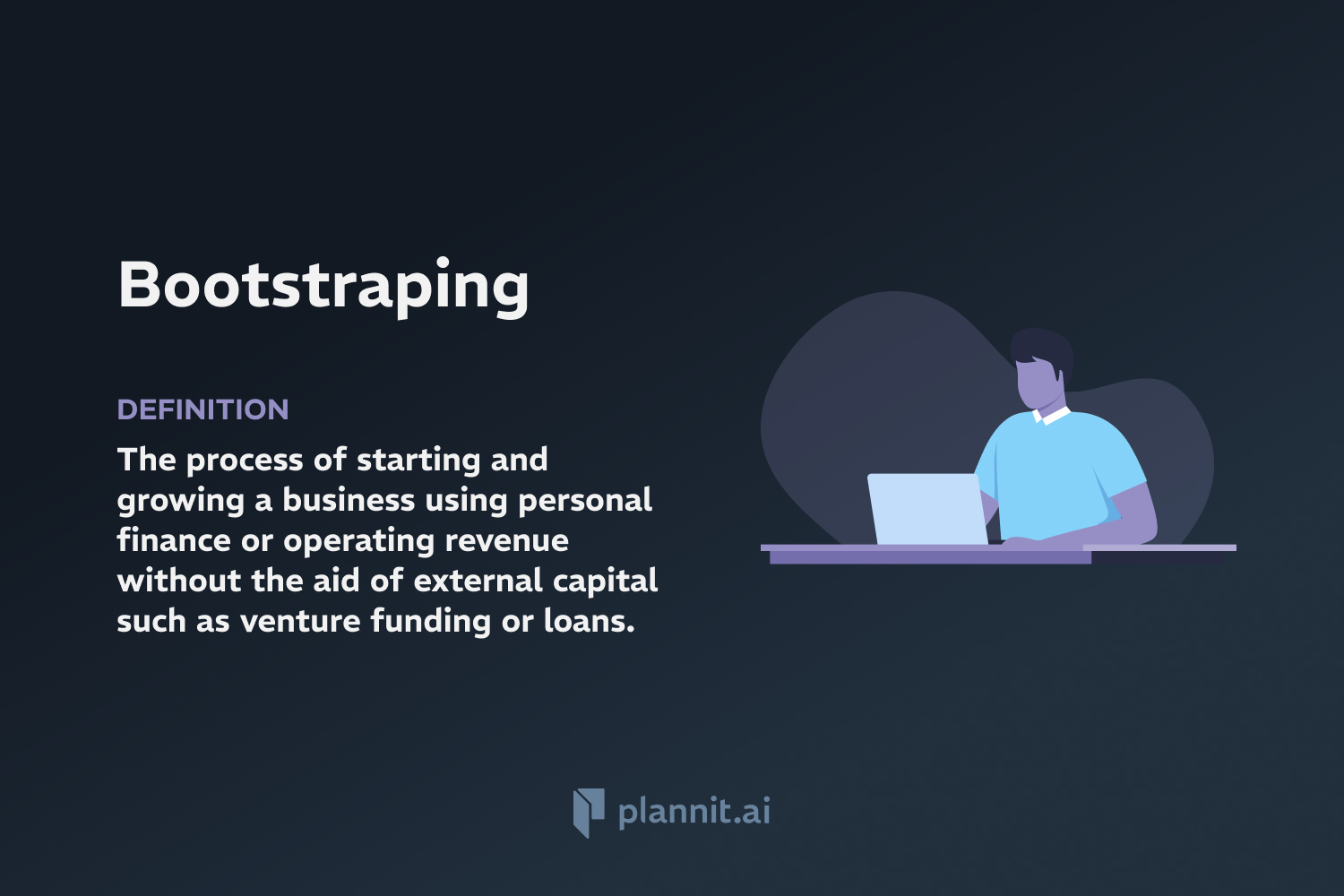Need Help With Your Business Plan?
Answer tailored questions and get a detailed business plan in minutes.
Equity Capital: Definition & In-Depth Explanation
Equity capital refers to the funds raised by a company through the sale of shares in exchange for ownership interest or stock. It represents the core funding of a company to which shareholders contribute either by purchasing initial stock during an IPO or through additional share offerings. Equity capital is a critical component of a company's total capital structure, which might also include debt financing.
Purpose:
The primary purpose of equity capital is to fund company operations, fuel growth, and finance new initiatives without incurring debt. Unlike debt, equity does not require repayment, but investors expect a return on their investment through dividends and stock appreciation. Equity capital thus aligns the interests of the shareholders with those of the company’s management.
Example:
A startup might issue 100,000 shares at $10 per share during an Initial Public Offering (IPO), raising $1 million in equity capital. These funds could be used to expand business operations, invest in research and development, or enhance marketing efforts. Shareholders who buy the stock gain equity in the company and the potential for future profits in the form of dividends and increased share value.
Related Terms:
Share Capital: The amount of money a company raises through the sale of shares to shareholders.
Dividends: Payments made by a corporation to its shareholder members, typically derived from the company’s earnings.
Debt Financing: Funds borrowed by a company that must be repaid over time with interest.
Capital Structure: The particular combination of debt and equity used by a firm to finance its overall operations and growth.
FAQs:
What are the advantages of using equity capital?
Equity capital does not require repayment like a loan does, reducing financial burden. It also typically comes with added expertise and networks from investors, and it does not incur interest costs.
What are the disadvantages of using equity capital?
Raising equity capital can result in dilution of ownership, which means the original owners may have less control over the company as they are sharing more of it with other shareholders.
How is equity capital different from retained earnings?
Equity capital is the money brought into a company by issuing shares to investors, while retained earnings are the portion of net earnings not paid out as dividends, but retained by the company to reinvest in its business or to pay debt.
Is equity capital permanent?
Yes, in most cases, equity capital is considered permanent capital as it doesn’t require repayment and stays in the business as long as the company operates.
How does equity capital impact financial statements?
Equity capital is recorded under shareholders' equity on the balance sheet. It impacts the financial statements by providing funds that can increase assets or reduce liabilities, which in turn may affect the company’s return on equity and other financial metrics.
Get funding with a business plan that will impress investors.
Starting a New Business?



